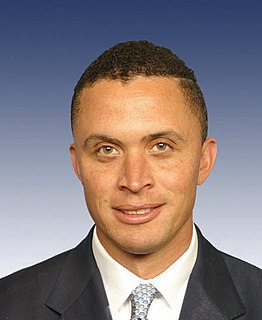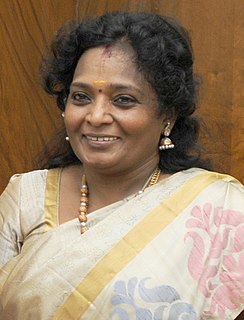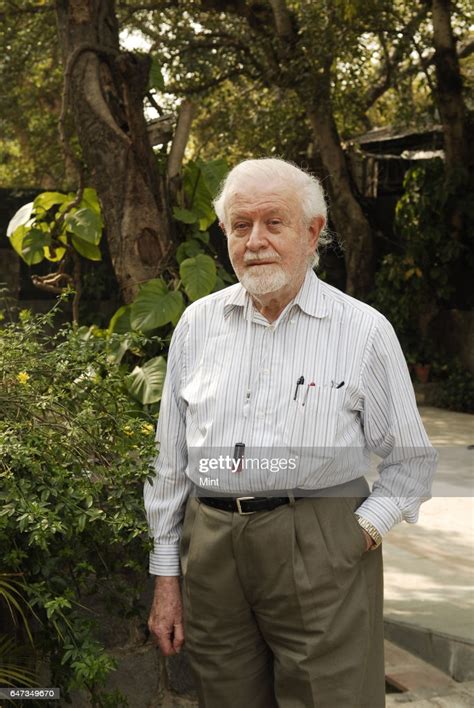A Quote by Henry Giroux
The issue of who gets to define the future, own the nation's wealth, shape the parameters of the social state, control the globe's resources, and create a formative culture for producing engaged and socially responsible citizens is no longer a rhetorical issue, but offers up new categories for defining how matters of representations, education, economic justice, and politics are to be defined and fought over. At stake here is the need for both a language of critique and possibility.
Quote Topics
Both
Categories
Citizens
Control
Create
Critique
Culture
Define
Defined
Defining
Economic
Economic Justice
Education
Engaged
Formative
Fought
Future
Gets
Globe
How
Issue
Justice
Language
Longer
Matters
Nation
Need
New
Offers
Over
Own
Parameters
Politics
Possibility
Producing
Resources
Responsible
Rhetorical
Shape
Social
Socially
Stake
State
Up
Wealth
Related Quotes
Schools should be democratic public spheres. They should be places that educate people to be informed, to learn how to govern rather than be governed, to take justice seriously, to spur the radical imagination, to give them the tools that they need to be able to both relate to themselves and others in the wider world. I mean, at the heart of any education that matters, is a central question: How can you imagine a future much different than the present, and a future that basically grounds itself in questions of economic, political and social justice?
The challenges that young people are mobilizing against oppressive societies all over the globe are being met with a state-sponsored violence that is about more than police brutality. This is especially clear in the United States, given its transformation from a social state to a warfare state, from a state that once embraced a semblance of the social contract to one that no longer has a language for justice, community and solidarity - a state in which the bonds of fear and commodification have replaced the bonds of civic responsibility and democratic vision.
If we want to create new rules of globalization, then we can't just think in terms of the nation state. The nation state has long offered protection. But it suffers from the fact that many citizens increasingly fear that it can no longer protect them: The threat of transnational terrorism is growing. Freedom of movement rules in Europe facilitate social dumping. Regardless of the make-up of the next government, it must have clear ideas on how to overcome the lack of direction of recent years.
Power is global and politics is local. That must change. We need a new language for understanding new global power formations as well as new international modes of politics to fight them. Social movements must move outside of national boundaries and join with others across the globe to fight the savagery of neoliberal global politics and central to such a task is the work of intellectuals, artists, cultural workers, and others who can fashion new tools and social movements in the fight against the current anti-democratic threats being imposed all over the globe.
All three of the leaders looked like they were surprised to be asked about housing. And really none of them had anything interesting to say. And so this is something we need to push hard on to ensure that they understand that our housing crisis is really a major economic issue. It's not a social issue; it's an economic issue.
Money is in politics, it's been there. I was in politics for 10 years, I had some of the worst ads run against me ever. I had some of the most money spent by a guy in my state running against me. That's not the issue. The issue is getting out and making the case for what we're going to do to create jobs and to make the economic situation for individual families better.
Global warming is a justice issue. It's a justice issue because global warming is theft - theft from our own children and grand children, of their right to a livable future. It's a justice issue, because its victims are, and will be, disproportionately poor and of color, those least able to contend with or to flee, the storms, droughts, famines, and rising tides of global warming.
The way in which we can promote peace, is by promoting sustainable management of our resources, equitable distribution of these resources, and that the only way you can actually do that, is that then you have to have a political, economic system that facilitates that. And then you get into the issues of human rights, justice, economic justice, social justice, and good governance or democratic governance. That's how it ties up.
































